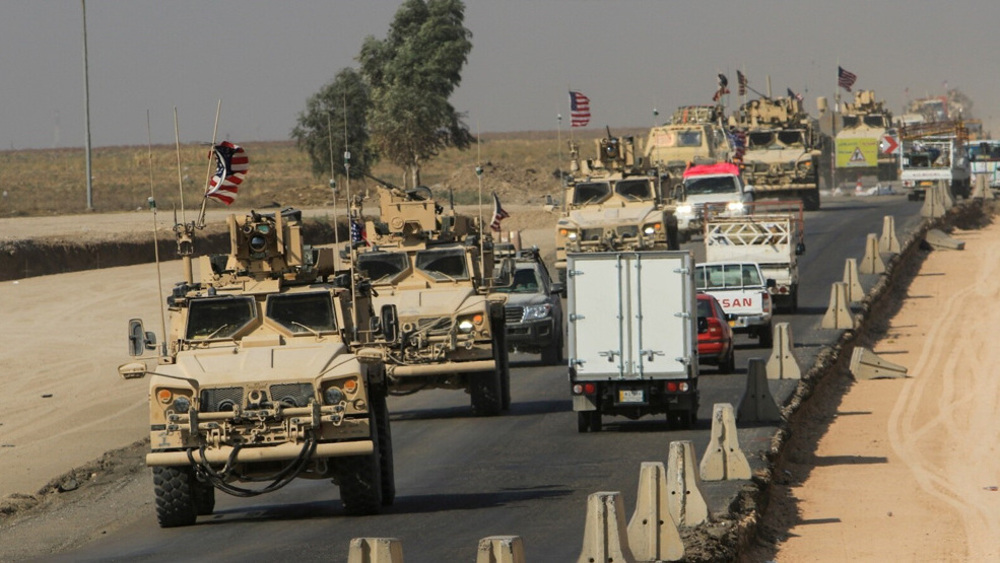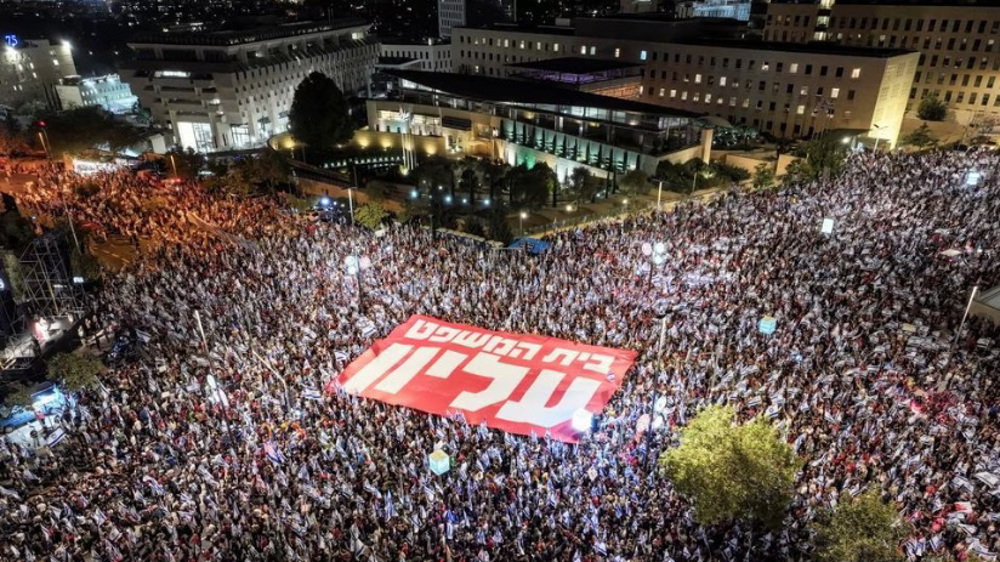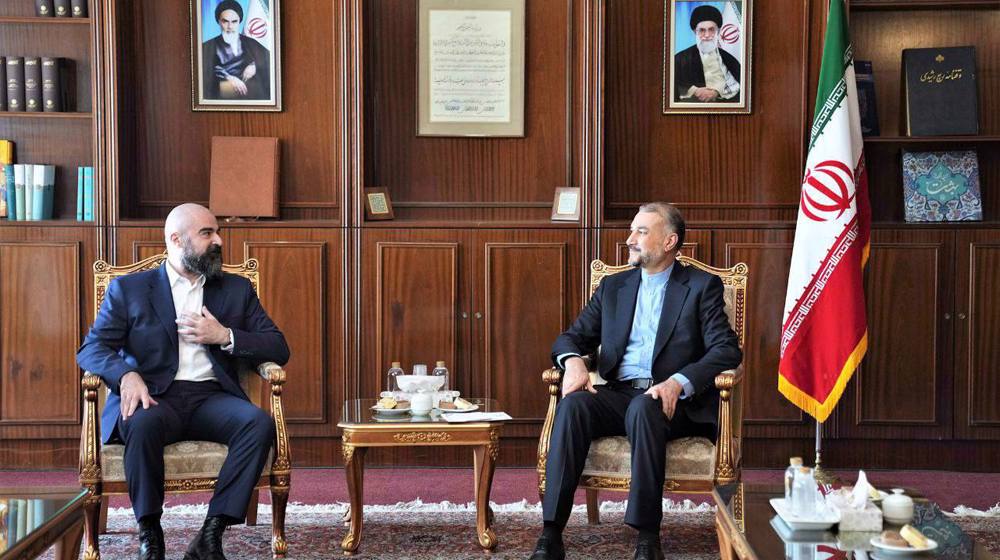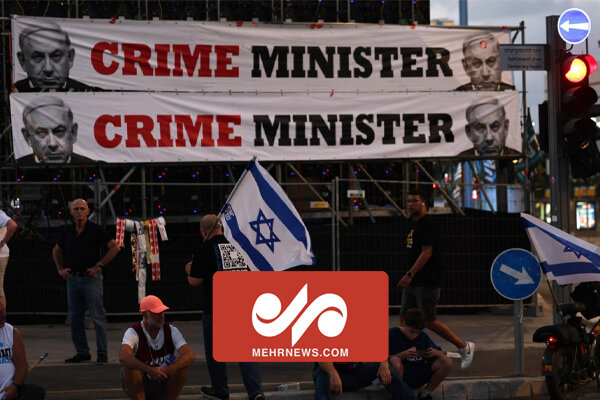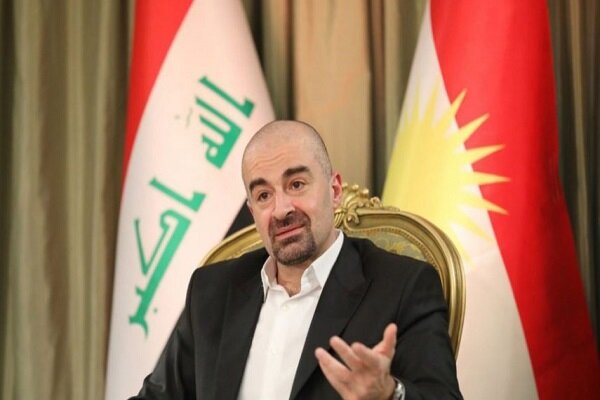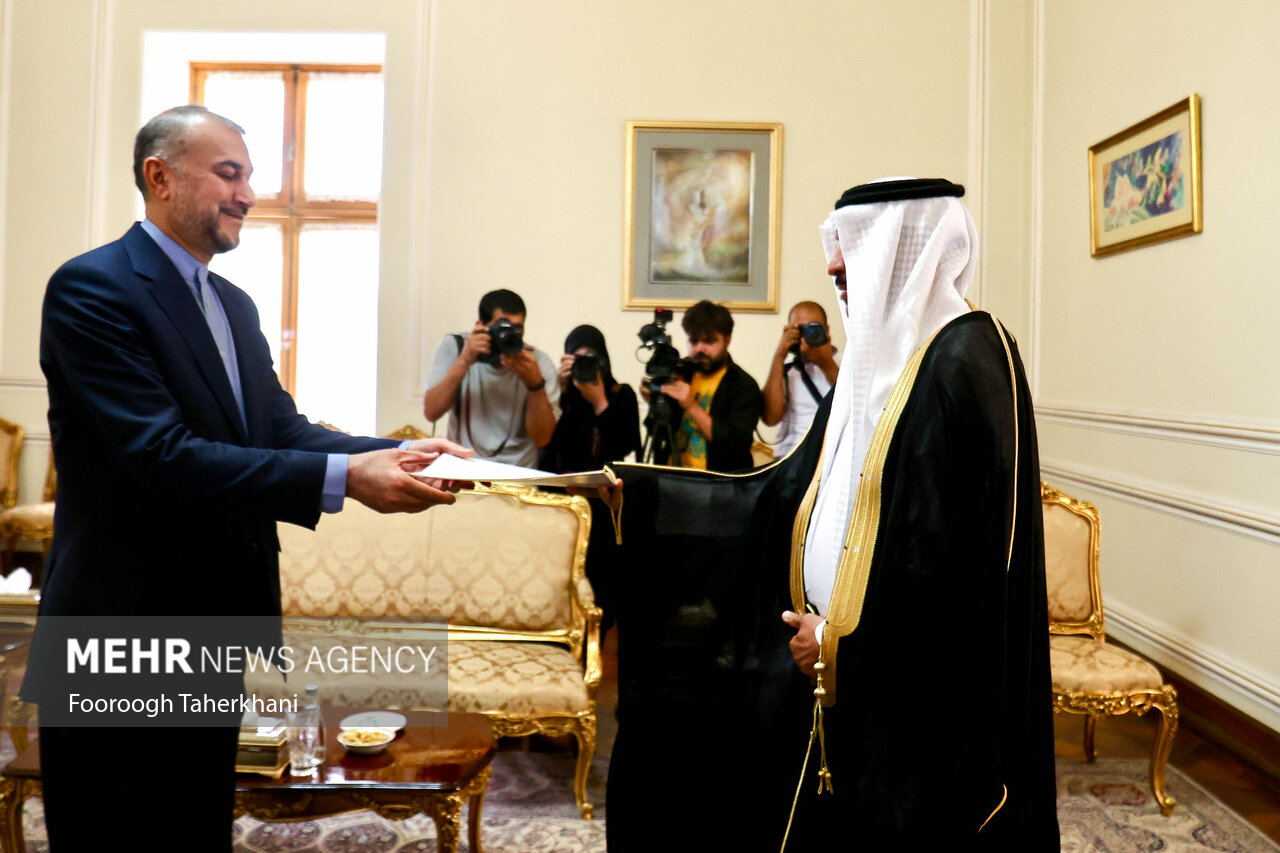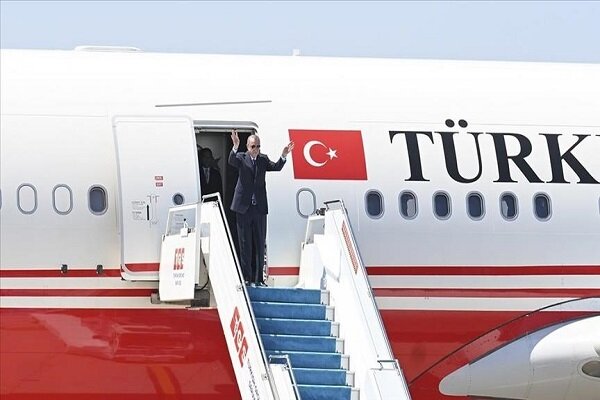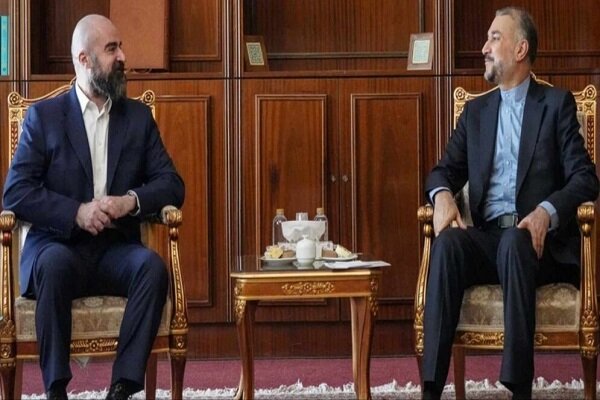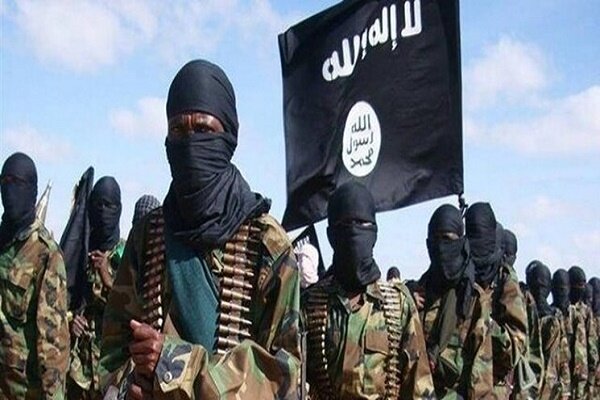Iranian Foreign Minister Hossein Amir-Abdollahian says the presence of terrorists in Iraqi Kurdistan region contravenes the Arab country’s constitution and is not compatible with cordial relations between Tehran and Baghdad.
Amir-Abdollahian made the statement in a meeting with Bafel Talabani, leader of the Patriotic Union of Kurdistan (PUK), in Tehran on Monday as the deadline agreed by Iran and Iraq to disarm and relocate terror groups based in Iraq’s semi-autonomous Kurdistan region approaches.
“The presence of terrorists in Kurdistan region and their moves against security of Iran are incompatible with Iraq’s constitution and friendly bilateral relations [because] no party should [be allowed to] harm security of Iraq’s neighbors,” Iran’s top diplomat said.
Amir-Abdollahian added that Iran is in favor of an “independent, prosperous, and developed” Iraq, noting that Tehran and Baghdad enjoy solid ties.
The Iranian minister also called for the speedy implementation of a security agreement concluded between the two sides. Under the agreement, the Iraqi government has promised to disarm terrorist and separatist groups based in Kurdistan region by September 19, vacate their military barracks there, and transfer them to the camps established by the Baghdad government.
Iraqi officials have notified authorities in the Kurdistan Regional Government (KRG) of the terms of the agreement.
Iranian Foreign Ministry spokesman, Nasser Kan’ani, said on Monday that the deadline “will not be extended in any way,” noting that the Iraqi government has taken measures to implement the deal.
For his part, Talabani hailed Iran’s continuous support for the Iraqi government and nation, adding, “We take pride in our relations and friendship with the Islamic Republic of Iran.”
He pointed to his party’s measures to boost security along the borders of Kurdistan region, stressing that Iraq will not allow any harm to come from its territory to regional countries, particularly Iran.
Meanwhile, a statement from Talabani’s office cited the PUK leader as saying, “Our goal is to achieve stability and coexistence in the region, for which we support responsible dialogue and understanding and believe that this is the only way to overcome the problems and achieve national goals.”
In a meeting with Iran’s ambassador to Baghdad, Mohammad Kazem Ale-Sadeq, earlier on Monday, the president of Iraq’s Kurdistan region, Nechirvan Barzani, said the semi-autonomous region is committed to the security agreement between Iran and the Arab country and will allow no one to pose a threat to Tehran.
The security agreement between the two countries came after anti-Iranian terrorist groups residing in Iraqi Kurdistan region increased their malign activities, especially in border areas.
Responding to their activities, Iran’s Islamic Revolution Guards Corps (IRGC) has launched several rounds of strikes against their positions since September 24 last year, vowing to continue the attacks until the groups are disarmed.
Iran has, on countless occasions, warned Iraqi Kurdistan’s local authorities that it will not tolerate the presence and activity of terrorist groups along its northwestern borders, saying the country will give a decisive response should those areas become a haven for anti-Tehran terrorists.

